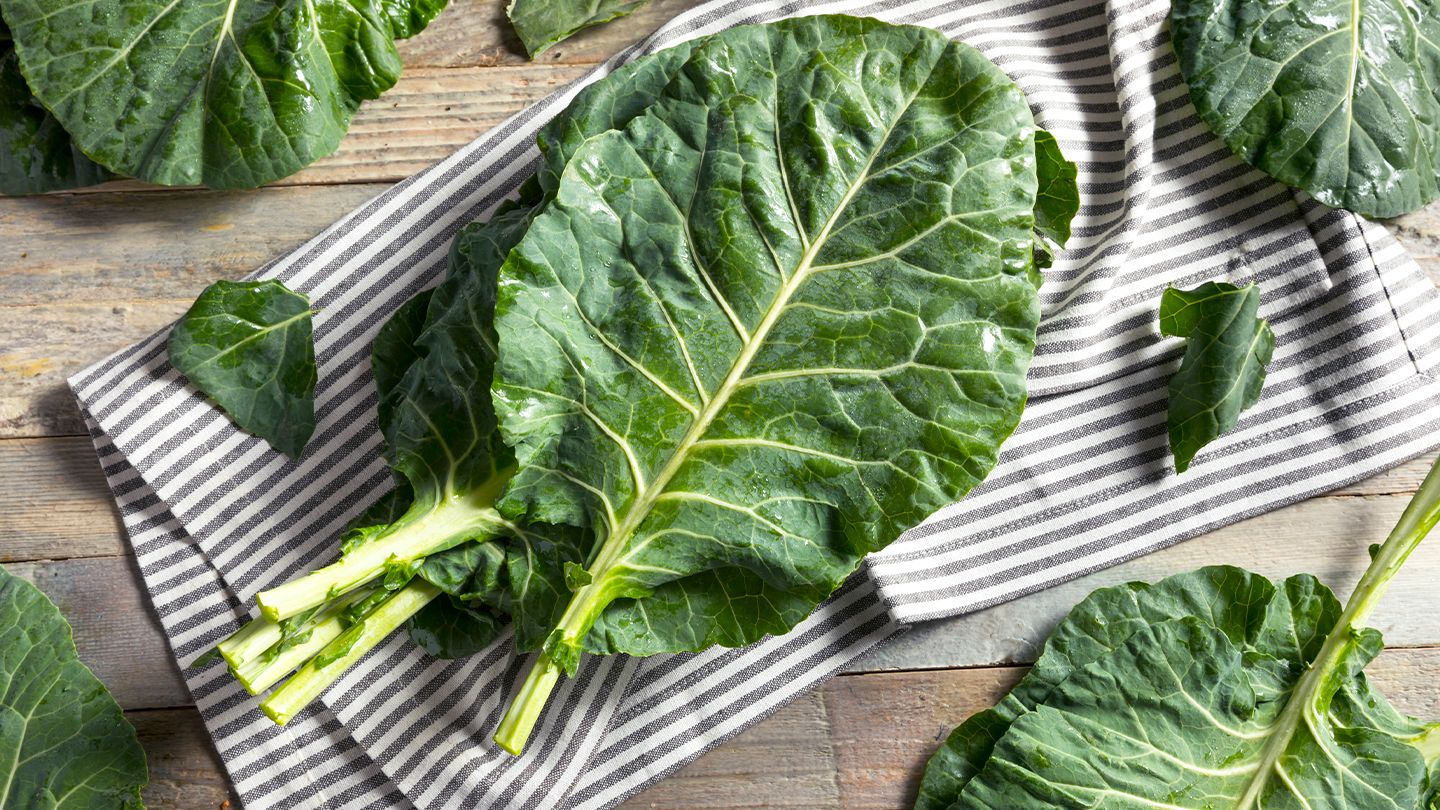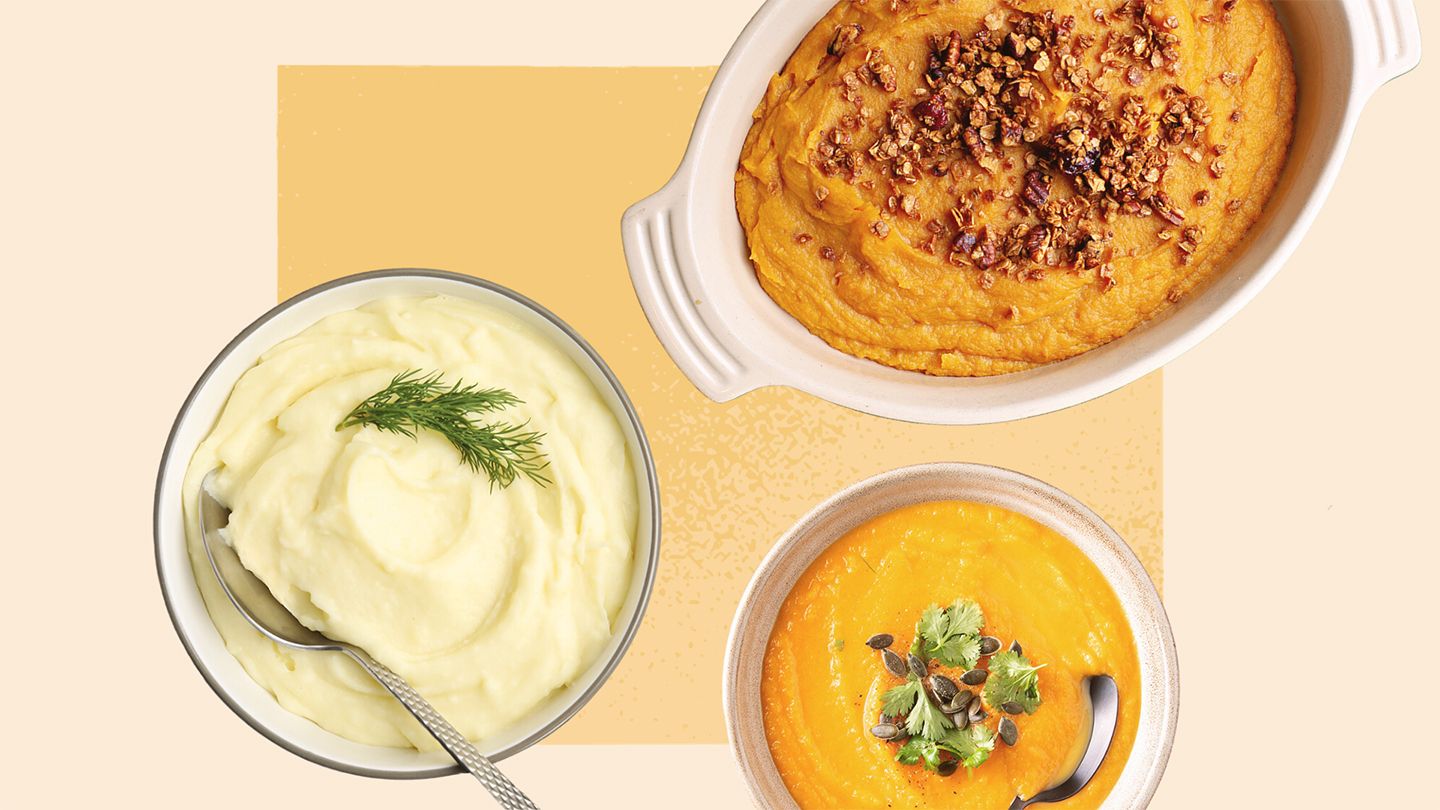Is Sauerkraut a Low Carb Food?
Sauerkraut is a sour fermented cabbage dish that has been popular in Europe for centuries. It continues to grow in popularity globally thanks to its tangy, salty flavor and numerous health benefits. But is sauerkraut low in carbs? Let's take a closer look.
What is Sauerkraut?
Sauerkraut is made by finely shredding cabbage and layering it with salt before allowing it to ferment. The natural lactic acid bacteria on the cabbage breaks down the sugars into lactic acid, giving sauerkraut its distinctive sour flavor. The fermentation process also results in natural probiotics, making sauerkraut a nutritious gut-healthy food.
Traditional sauerkraut contains just two ingredients - cabbage and salt. Some modern commercial varieties may contain additional ingredients like spices, herbs, and preservatives. For the purposes of this article, we will focus on traditional sauerkraut made from only cabbage and salt.
Nutritional Profile of Sauerkraut
Here is the nutritional profile of sauerkraut per 1 cup (158g) serving:
- Calories: 45
- Fat: 0.5g
- Carbohydrates: 9g
- Fiber: 4g
- Sugar: 2g
- Protein: 3g
As you can see, sauerkraut is low in calories, fat, and sugar. A 1 cup serving contains 9g total carbs, but with 4g of fiber, the net carb count comes out to just 5g.
Sauerkraut as a Low Carb Food
At just 5g net carbs per serving, sauerkraut can definitely be considered a low carb food. This makes it a great option for low carb and ketogenic diets.
To put this carb count into perspective, here's how sauerkraut compares to other common foods:
- 1 cup cooked pasta: 40-50g net carbs
- 1 medium banana: 27g net carbs
- 1 cup cooked rice: 45g net carbs
- 1 cup bread: 25g net carbs
As you can see, sauerkraut is significantly lower in net carbs than other starchy foods like pasta, rice, bananas and bread.
Most low carb diets aim to keep net carbs under 50g per day, and strive for around 20-30g. With sauerkraut clocking in at just 5g net carbs per cup, it can easily be incorporated into a low carb eating plan.
Benefits of Sauerkraut on a Low Carb Diet
Here are some of the key benefits sauerkraut offers on a low carb diet:
- Probiotics - The fermentation process results in abundant probiotics, which provide numerous gut and overall health benefits. Probiotics may help improve digestion, immune function, heart health, mental health, and more.
- Vitamins - Sauerkraut contains vitamin K, vitamin C, and several B vitamins. These support immune function, bone health, energy levels and other vital processes.
- Minerals - It provides important minerals like iron, calcium, magnesium, sodium, potassium and phosphorus. Electrolyte minerals like sodium and potassium are especially helpful on low carb diets.
- Fiber - With 4g of fiber per cup, sauerkraut can help meet fiber needs on low carb diets where fiber intake may otherwise be low.
- Antioxidants - Fermented cabbage contains polyphenols and other antioxidants that help combat inflammation and oxidative stress.
- Low calorie - Sauerkraut is very low in calories, so it's ideal for supporting weight loss on low carb diets.
- Long shelf life - Unlike fresh produce, sauerkraut keeps for several months in the fridge once opened.
- Versatile - It can be served cooked or raw, as a side, topping or incorporated into low carb main dishes.
How to Enjoy Sauerkraut on a Low Carb Diet
Here are some tips for enjoying sauerkraut on a low carb lifestyle:
- Add it as a crunchy topping to salads, bowls, and tacos.
- Mix it into egg scrambles along with veggies, cheese and meat.
- Stir it into soups, stews and chilis.
- Serve it alongside grilled meat or fish.
- Add it to sandwiches and wraps in place of higher carb toppings.
- Use it as a fresh relish for burgers or hot dogs (skip the bun).
- Mix it into meatballs or meatloaf.
- Make sauerkraut pancakes with almond or coconut flour.
- Use as a filling for stuffed peppers, cabbage rolls or omelets.
Sauerkraut makes a quick and tasty side to a low carb meal. It can also be added to main dishes for a flavor and probiotic boost.
Potential Concerns
Sauerkraut is generally considered safe for most people when eaten in moderation. However, there are a few potential concerns to keep in mind:
- High in sodium - Sauerkraut contains ample sodium from the salt used during fermentation. This may be an issue for those limiting sodium intake.
- Histamine content - Fermented foods like sauerkraut contain histamines, which may exacerbate symptoms for people with histamine intolerance.
- Bloating/gas - The high fiber and probiotic content can cause temporary digestive issues like bloating and gas. Start with small portions and work up slowly.
- Food intolerance - Some people may have an intolerance to cabbage or struggle to digest raw veggies. Cooked sauerkraut may be easier to digest.
- Irritable bowel syndrome (IBS) - People with IBS may be more prone to discomfort from fermented foods. Monitor your response.
Overall, sauerkraut is well tolerated by most people eating a low carb diet. But pay attention to how your body responds and cut back if you experience any persistent digestive distress.
Low Sodium Sauerkraut Options
If you need to limit sodium, you can look for reduced sodium or no salt added varieties of sauerkraut. You can also give homemade sauerkraut a try using less salt in the initial brine.
Rinsing canned or jarred sauerkraut before eating can also help wash away some of the excess sodium. Just be sure to thoroughly pat it dry so it doesn't get too watered down.
Alternatives to Sauerkraut
If sauerkraut doesn't agree with you or you want to switch things up, some alternatives to try include:
- Kimchi - Spicy fermented napa cabbage
- Pickles
- Fermented vegetables like carrots, radishes, cauliflower, green beans
- Fermented salsa
- Beet kvass
- Coconut milk yogurt or kefir
- Miso
- Tempeh
- Kombucha
Many of these contain probiotics and provide a tangy flavor similar to sauerkraut. Continuing to eat fermented foods will allow you to reap the immune and gut health benefits.
The Verdict on Sauerkraut and Low Carb Diets
Sauerkraut can certainly fit into a low carb eating plan. With only 5g net carbs per cup, it is significantly lower in carbohydrates compared to many other foods.
Sauerkraut offers an array of additional nutrition and health benefits. The fermented cabbage provides probiotics, vitamins, minerals, fiber and antioxidants that may improve digestion, metabolism, immunity and more.
If you enjoy the tangy pickled flavor of sauerkraut, it can make a nutritious addition to the veggie lineup on your low carb diet. Pay attention to your individual tolerance, and opt for reduced sodium varieties if needed. Sauerkraut can be eaten raw, cooked, or incorporated into main and side dishes for a tasty nutritional boost.
FAQs
Is all sauerkraut low carb?
Traditional sauerkraut made only with cabbage and salt is very low carb. Some commercial sauerkrauts may have added sugars or thickeners that increase the carb count, so check labels. Make sure to look at the net carbs, accounting for fiber.
Can sauerkraut be eaten raw?
Yes, sauerkraut can be eaten raw right out of the jar! It makes a great crunchy topping for salads and bowls. Raw sauerkraut provides the most probiotics.
Does sauerkraut need to be refrigerated?
Once a jar is opened, sauerkraut should be refrigerated to prevent spoilage. Unopened jars can be stored in a cool, dry pantry. Refrigeration helps sauerkraut maintain its crisp texture.
What's the difference between sauerkraut and kimchi?
Both are fermented cabbage dishes, but kimchi originates from Korea. It contains seasonings like garlic, ginger, chile peppers and fish sauce for a spicy flavor.
Can people with IBS eat sauerkraut?
Some people with IBS do fine eating moderate portions of sauerkraut, while others need to avoid it. Start with a small amount and discontinue if sauerkraut aggravates your symptoms.
Disclaimer: This article is for informational purposes only and does not constitute medical advice. Always consult with a healthcare professional before starting any new treatment regimen.
Related Coverage
Indulge your sweet tooth with delicious keto-friendly cheesecake recipes! Get easy baking tips, must-have ingredients and equipment, and find tasty no-bake and nut crust options....
Enjoy the benefits of yogurt on keto with these tips for low-carb yogurt smoothies and drinks. Get recipes for satisfying protein, probiotic-rich shakes....
Learn how to safely enjoy fried foods like chicken, cauliflower rice and zucchini fries as part of a healthy ketogenic diet when prepared properly with tips on best cooking oils....
Metadata like meta title, description and keywords are crucial for SEO and usability. Optimizing metadata helps search engines understand your content and users find your site....
Learn how to order keto-friendly meals at Chick-fil-A including grilled chicken sandwiches with no bun, salads, and low carb breakfast, lunch, and dinner options....
Among popular squash varieties, net carb counts range considerably. Learn specific carb levels in zucchini, butternut, acorn, and more to fit them into keto and low-carb diets....
Wondering if you can eat cheese on the keto diet? Learn which cheese varieties are low carb and keto-friendly and which ones to limit for successful weight loss....
Wondering if you can eat asparagus on keto? With only 3g net carbs per serving, asparagus is ideal for ketogenic diets. Learn its health benefits and tasty recipe ideas....
Collard greens are low carb and keto-friendly. Learn about the benefits of collard greens on keto, their nutrition facts, how to prepare them, and potential downsides....
Indulge your sweet tooth this Thanksgiving with delicious keto desserts like pies, cheesecakes, fudge, and more. Discover 25+ low-carb and sugar-free recipes....









